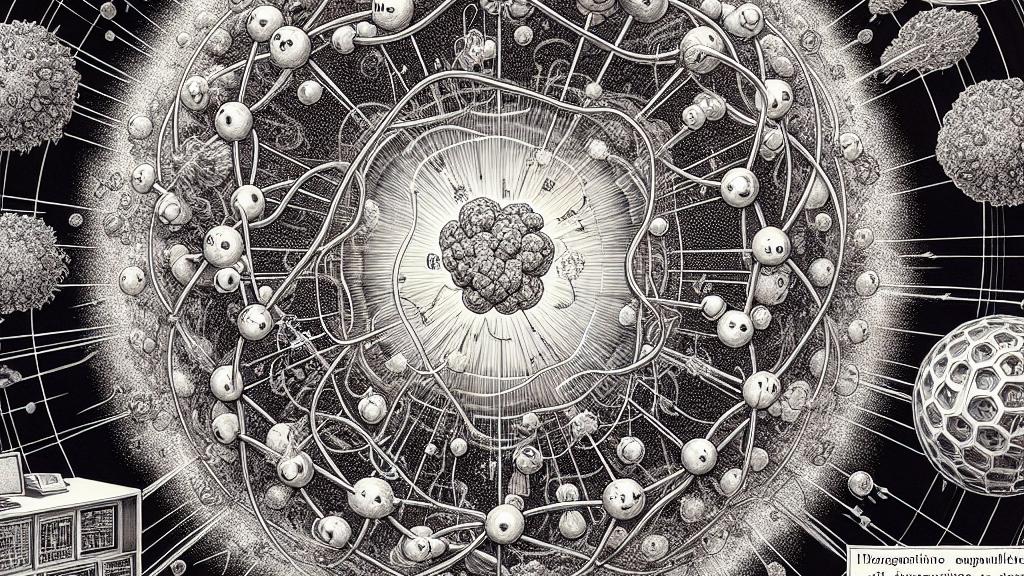Unraveling the Mysteries of Scission Neutrons in Nuclear Fission
Overview
- Groundbreaking research unveils the intricate dynamics of nuclear fission processes.
- Scission neutrons, critical to energy release, have been clearly identified.
- Advanced computational methods revolutionize our approach to nuclear physics.

Diving into the World of Nuclear Fission
Nuclear fission is truly a fascinating phenomenon. It occurs when the nucleus of a heavy atom, such as uranium or plutonium, splits into smaller nuclei, a process that releases an astronomical amount of energy. This energy is crucial for applications like nuclear power generation and medical treatments. Discovered way back in 1939, the mechanics of fission, particularly the concept of neck rupture, have intrigued scientists for decades. For instance, researchers at cutting-edge institutions like the University of Washington and Los Alamos National Laboratory, both prominent in the United States, utilize advanced simulations to decode this complex process, revealing aspects we once thought were merely theoretical.
Unveiling the Importance of Scission Neutrons
One fascinating aspect of this research is the exploration of scission neutrons—those elusive particles emitted during the final moments of fission. Their existence had been a topic of heated debate among scientists, with opinions divided. Yet, through the immense power of the Summit supercomputer, this collaborative team was able to conclusively prove that scission neutrons do exist! They found that these neutrons play a substantial role in the energy released during fission, shedding light on their specific angles and energies during emission. This newfound understanding transforms our view of nuclear reactions, demonstrating, for example, how these neutrons could affect energy calculations in nuclear reactors.
Shaping the Future of Nuclear Physics
The potential implications of these discoveries are enormous. By overturning previous misconceptions, the research not only sharpens our predictions related to nuclear interactions but also enhances the efficiency of energy production in reactors—something that holds great promise for addressing global energy needs. As scientists continue navigating the intricate tapestry of nuclear fission, the instrumental role of supercomputing becomes increasingly evident. These advances encourage the pursuit of innovation in energy technologies while deepening our grasp of the nuclear realm. Ultimately, as new findings unfold, they illuminate a field bubbling with possibilities, where every answer unearths more questions, ensuring that nuclear physics remains at the forefront of scientific exploration.

Loading...